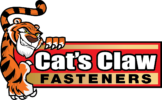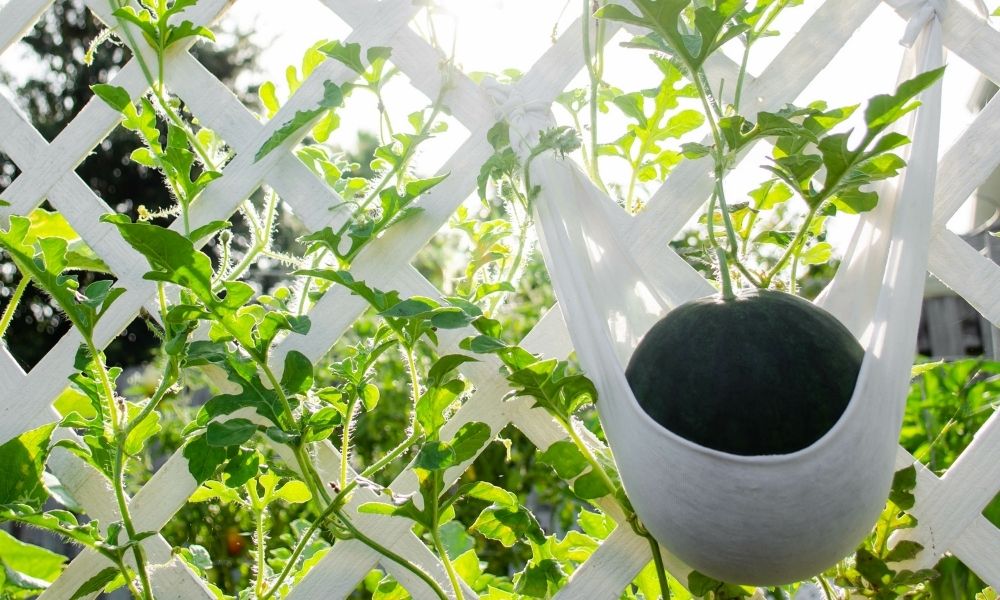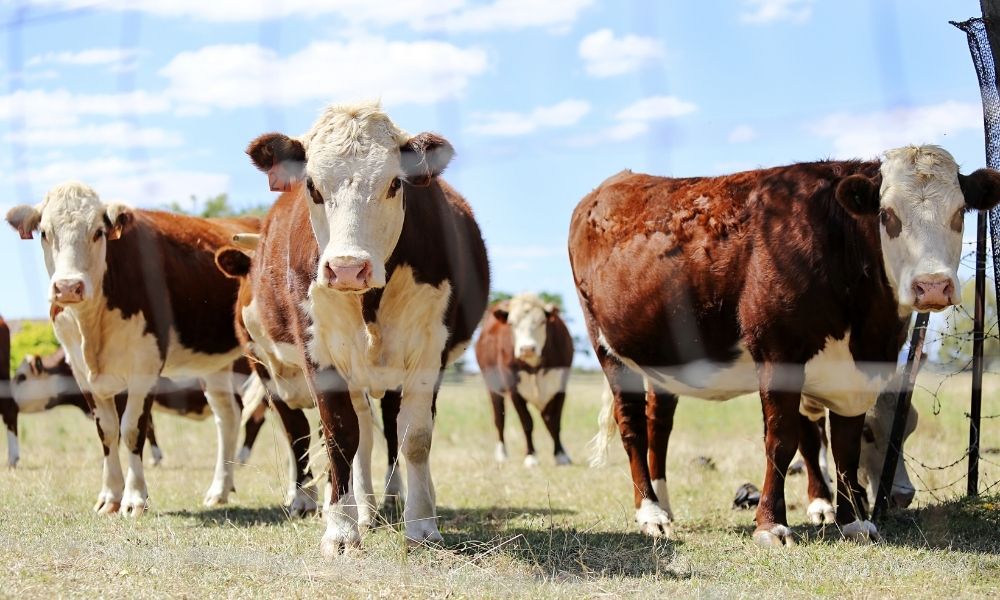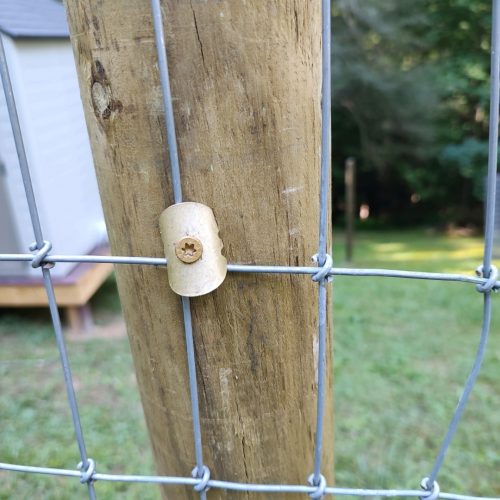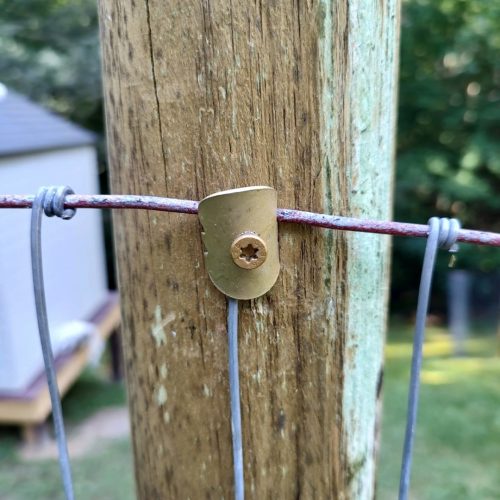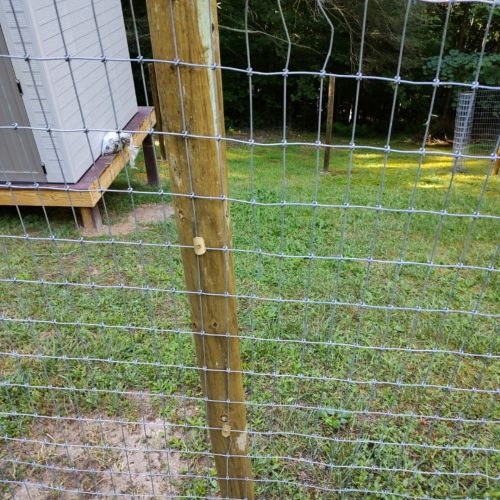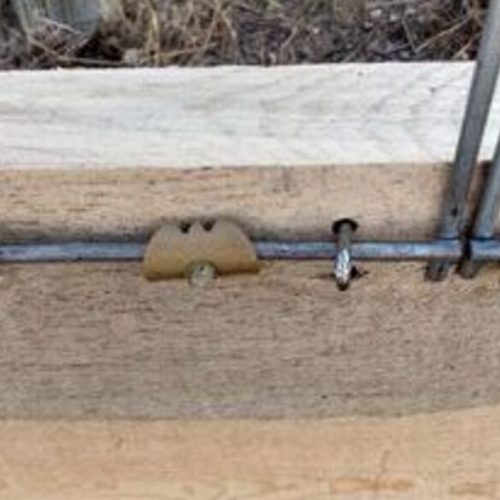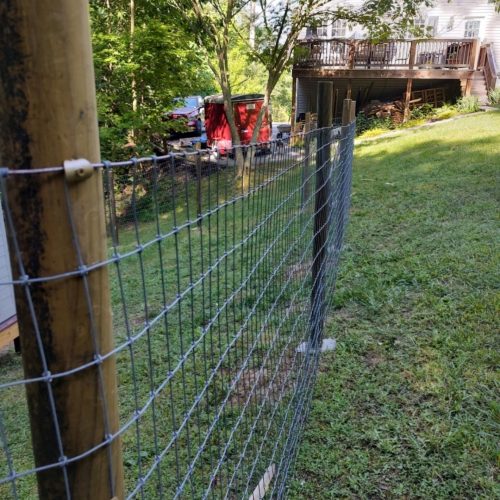Recently, a few people have posed questions regarding the benefits and drawbacks of owning pigs, the Ideal Pig Breeds, as well as the subject of whether or not there are certain breeds of pigs that are more superior than others. Because of this, we made the decision to consult with Curt Almy, who is the owner of Cat’s Claw Fasteners as well as the head cat herder. We did this because we were interested in hearing his opinions and perspectives on the matter given that he raised pigs at the Keystone Ranch for a period of time.
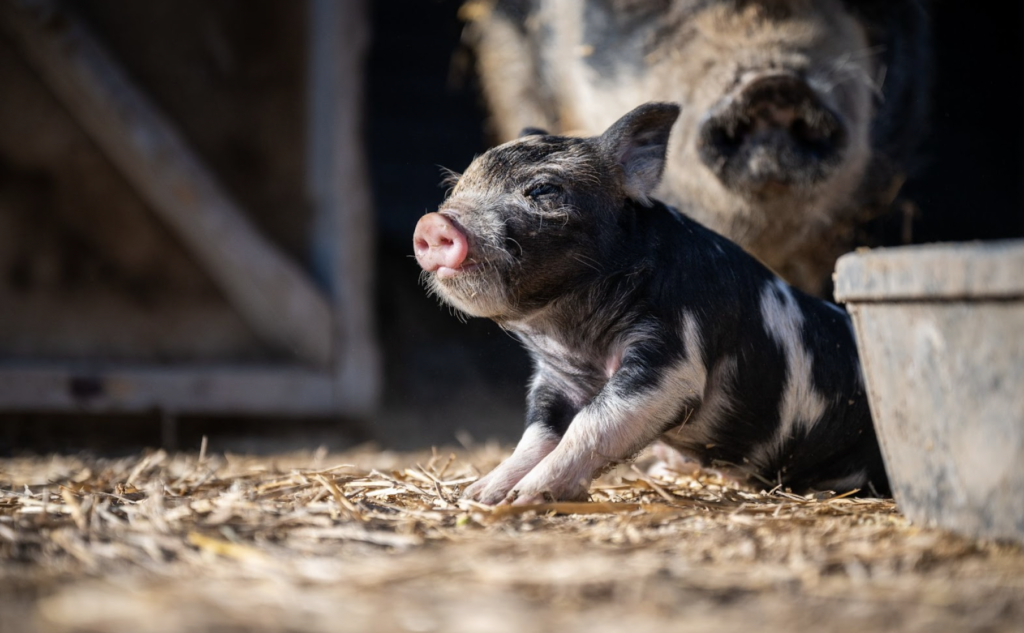 What Pig Breeds are Best for Newcomers?
What Pig Breeds are Best for Newcomers?
This is a question that is difficult to answer because there is no one breed that is superior to others when you are just beginning to raise pigs and are unsure of how to get started. Find a reliable friend or neighbor who is also familiar with pigs and ask them for advice. This is the most effective course of action to take because you will gain valuable insight from the conversation. Or, if you don’t know anyone who can help you, you may try getting in touch with the pig farmers in your area to find out what are the Ideal Pig Breeds for you. What breeds may be found nearby, whether or not local owners sell pigs, etc., will be of primary concern. Remember, there is no particular “magic” to it.
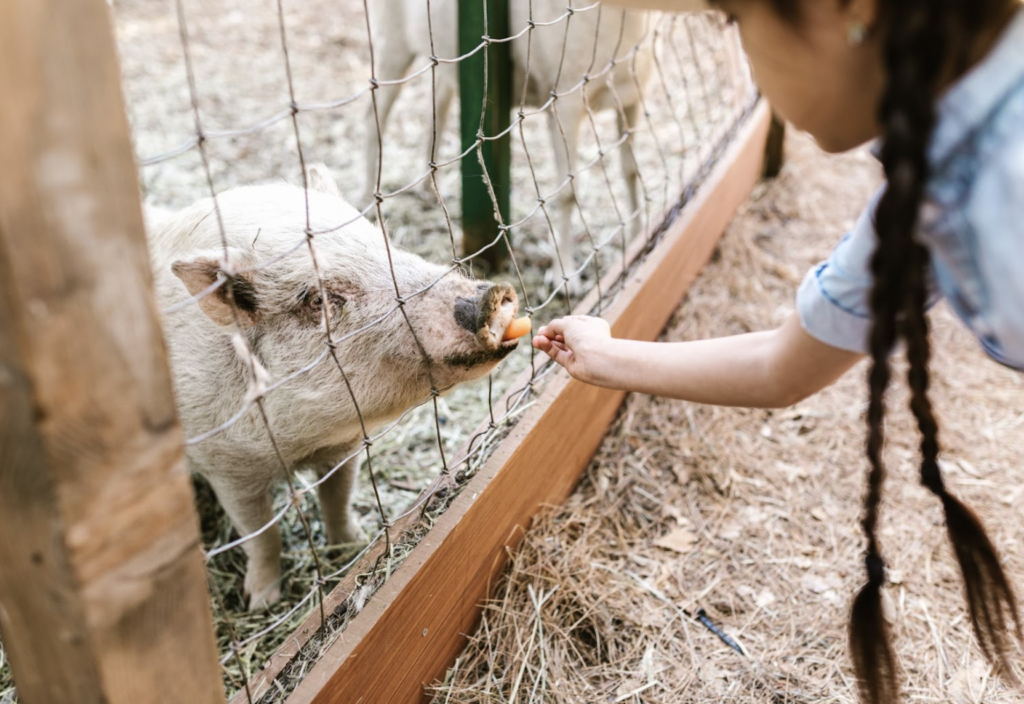 Ideal Pig Breeds for Montana Weather
Ideal Pig Breeds for Montana Weather
After doing some research, we have found that the Ossabaw Island, Mulefoot, Guinea Hog, Choctaw, Tamworth, and Mangalitsa are all “hardy” breeds of pig. However, all breeds make excellent pets. And they are ultimately bred for food, but we believe that a happy and healthy pig makes for a very tasty pig. Also keep in mind that going after very specific breeds when you are just starting out may not be the best idea so start local.
Here are some things you should keep in mind when it comes to caring for them:
- Use straw because it is both comfy and absorbent for the pigs. Remember that for health and hygiene reasons, straw must be replaced on a regular basis.
- Pigs require a warm, dry, and secure environment to call their home that shields them from the elements and gives them plenty of room to move around in. But not a shelter that is completely airtight.
- In general, pigs need very little space to live. If you give them too much room, as Curt put it, they will “mess in the nest,” which is something you do not want to happen and is an outcome you are trying to avoid. They are also rather destructive and enjoy digging and tearing things up, so keep that in mind while designing their shelter.
- For optimal development, pigs must have constant, unlimited access to clean drinking water. One of the ways in which water plays an important role in their bodies is in the maintenance of a normal internal body temperature. And making sure the rest of the body gets what it needs nutritionally.
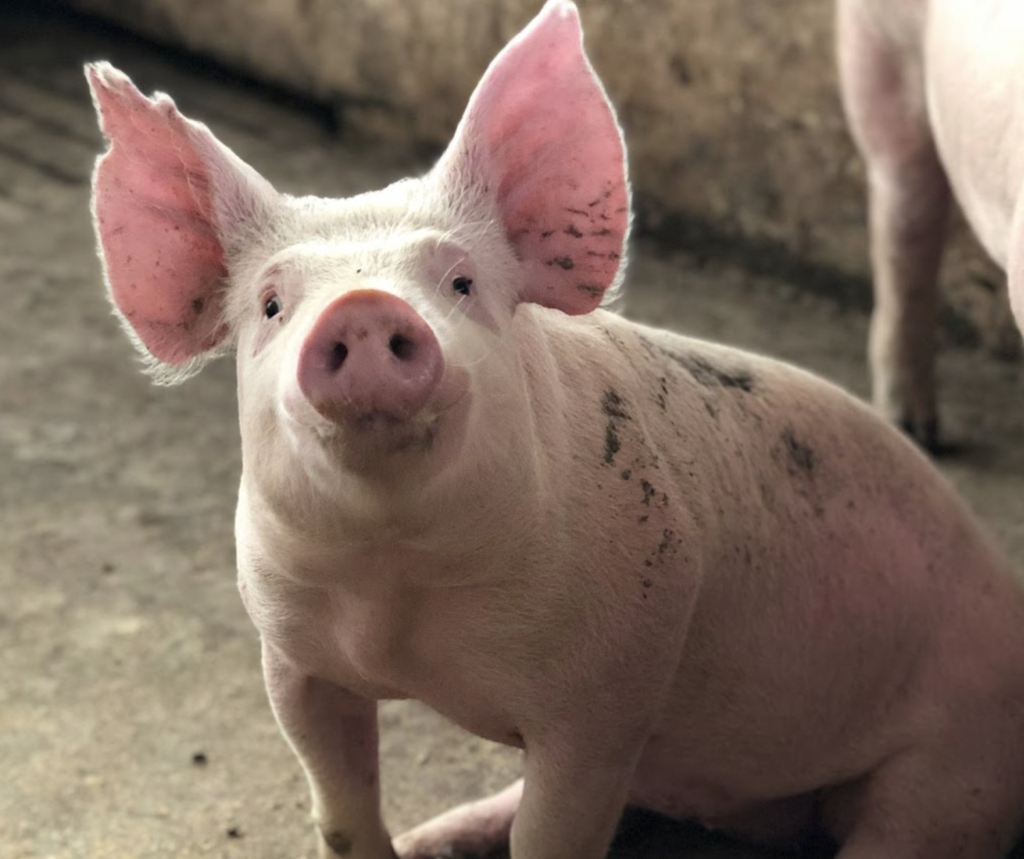 What About their Behavior?
What About their Behavior?
Pigs are incredibly social creatures that are usually quite friendly and trainable. Keep them content by spending as much time as possible with them. Scratching them behind the ears (which they adore) is a great way to bond with them. One of the only things pigs enjoy more than eating is playing. The sight of them running around after each other or playing tug of war with a feed barrel is not uncommon. However, they can be quite harsh when playing. They can and will knock you down and trample you, so be vigilant when around them. If the pig decides that they want to leave, you may find yourself riding it backwards, so Curt suggests doing it their way instead of trying to fight them.
Pigs are happiest in the company of their own kind, though they can coexist peacefully with dogs, cats, and other farm animals. While it took hundreds of years to breed the modern domestic pig, just a few months in the wild are enough to turn a domestic pig into a feral animal. Tusks, thick hair, and an increased aggressive disposition are all things to expect.
If you have further questions, Cat’s Claw Fasteners is eager to provide answers! Please send your queries to our Head Cat Collector, Chava, at chava@catsclawfasteners.com. Don’t forget to explore our other blogs and connect with us on Facebook, Instagram, Pinterest, and Youtube!
Read Next: Plated Electric Fence Brace Pins
